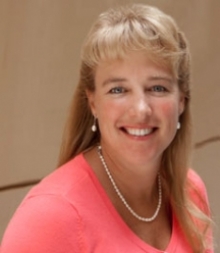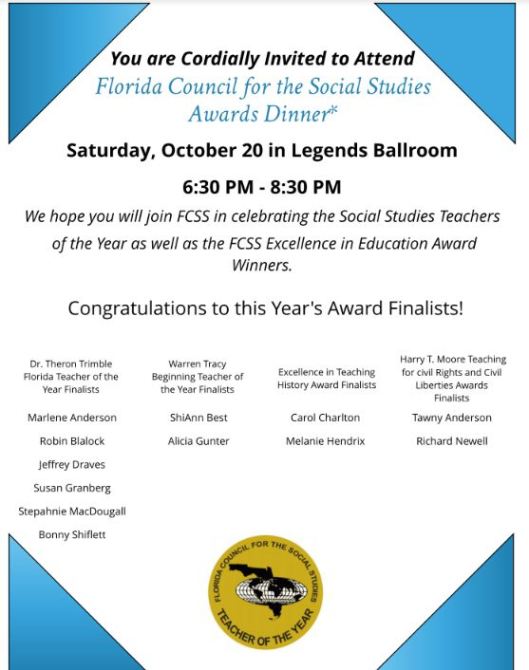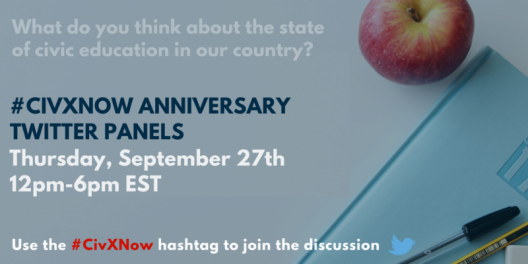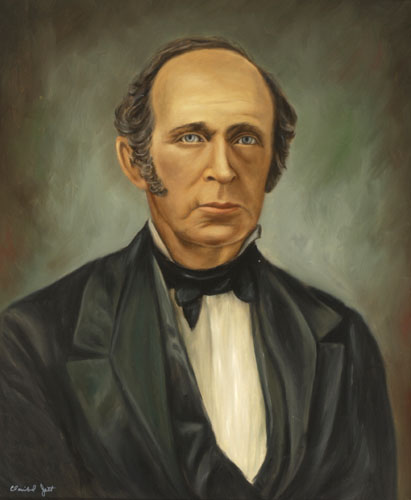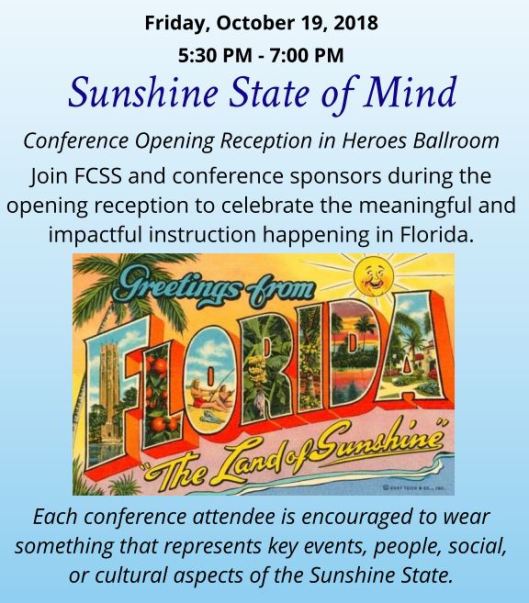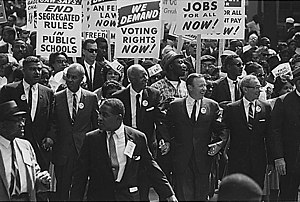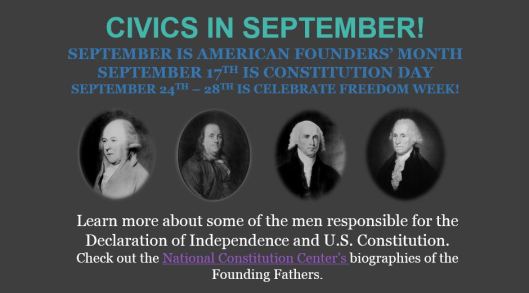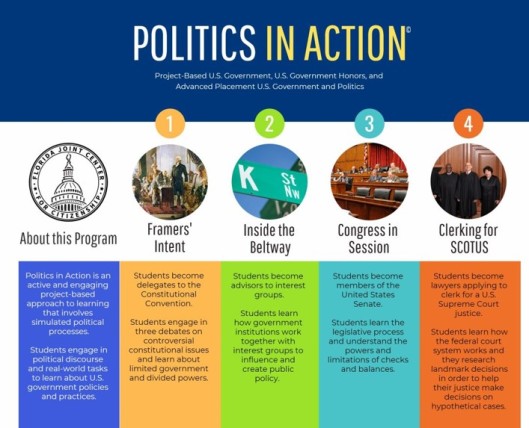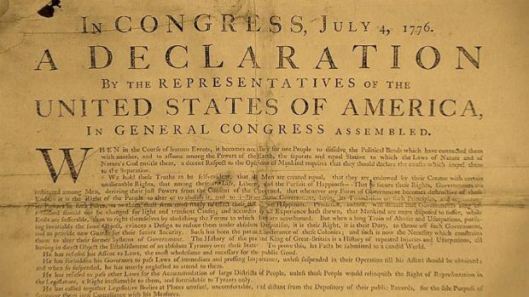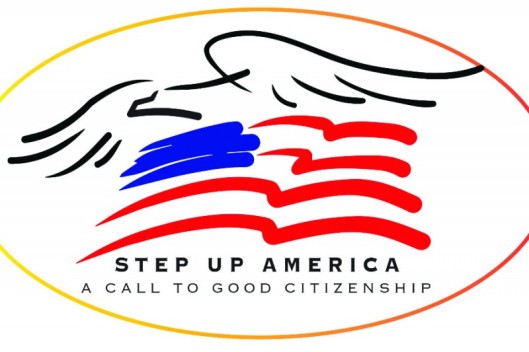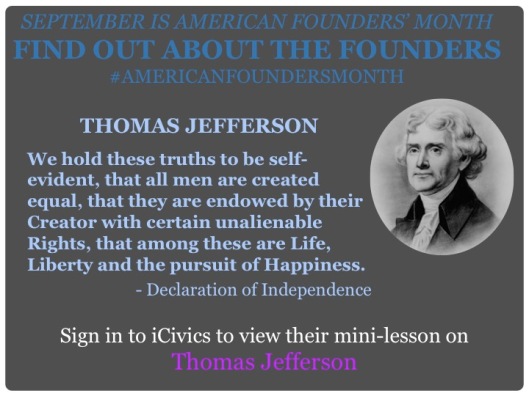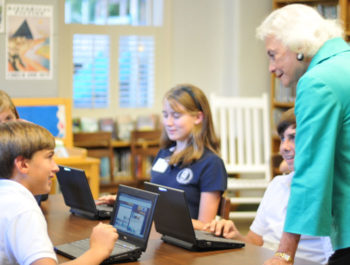
It was with sad hearts that we here at the Florida Joint Center for Citizenship and especially our parent organization the Lou Frey Institute learned of the need for Justice Sandra Day O’Connor to step away from public life. Justice O’Connor, famous for being the first woman on the U.S. Supreme Court, continued to work hard well into her retirement, focusing on civic education.
And what did we get for her focus on civic education? iCivics, perhaps one of the most important and engaging civic education resources in the nation. But so much more as well, and for us in Florida, it is Justice O’Connor’s name that is on the law that mandates a comprehensive civic education program in Florida. The Justice Sandra Day O’Connor Civic Education Act, passed in part to the hard work of former Florida governor Bob Graham, former Representative Lou Frey, the wonderful Dr. Doug Dobson, and of course the justice herself, was a groundbreaking piece of legislation and helped pave the way for Florida to become a national model for implementing civic literacy and learning.
To this day, we at FJCC, LFI, UF’s Bob Graham Center, and the Florida Law Related Education Association continue the work inspired by Justice O’Connor. We, the staff of the Florida Joint Center for Citizenship at the Lou Frey Institute (and especially Dr. Dobson, who worked with her so closely) wish her and her family the best in a well-deserved break and full retirement.

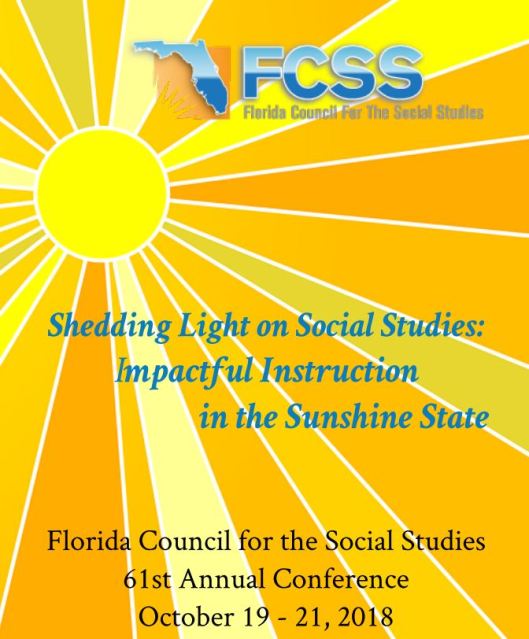



 This CUFA session considers how PBS programming, and media like it, contribute to the teaching of character education and the ways in which the messages in the media are perceived by families and kids. Certainly sounds like an interesting look at the ways we interpret the meanings behind what we watch and listen to and say.
This CUFA session considers how PBS programming, and media like it, contribute to the teaching of character education and the ways in which the messages in the media are perceived by families and kids. Certainly sounds like an interesting look at the ways we interpret the meanings behind what we watch and listen to and say.

